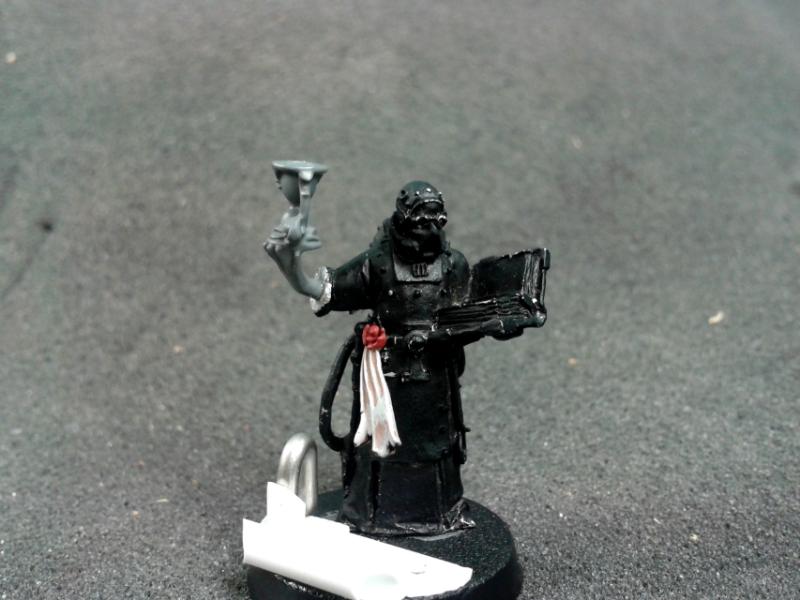

HFS provides print and digital distribution for a distinguished list of university presses and nonprofit institutions. MUSE delivers outstanding results to the scholarly community by maximizing revenues for publishers, providing value to libraries, and enabling access for scholars worldwide.


Project MUSE is a leading provider of digital humanities and social sciences content, providing access to journal and book content from nearly 300 publishers. With warehouses on three continents, worldwide sales representation, and a robust digital publishing program, the Books Division connects Hopkins authors to scholars, experts, and educational and research institutions around the world. With critically acclaimed titles in history, science, higher education, consumer health, humanities, classics, and public health, the Books Division publishes 150 new books each year and maintains a backlist in excess of 3,000 titles.
#SHADOWS OF DOUBT PURITAN PROFESSIONAL#
The division also manages membership services for more than 50 scholarly and professional associations and societies. The Journals Division publishes 85 journals in the arts and humanities, technology and medicine, higher education, history, political science, and library science. The Press is home to the largest journal publication program of any U.S.-based university press. One of the largest publishers in the United States, the Johns Hopkins University Press combines traditional books and journals publishing units with cutting-edge service divisions that sustain diversity and independence among nonprofit, scholarly publishers, societies, and associations. Each issue of the journal contains peer-reviewed scholarly articles, book reviews, poetry, and news and announcements of interest to CCL members. In the summer of 2015, Mark Eaton began his first term as edtior. In the past two decades, under the leadership of, first, Robert Snyder and, then, Paul Contino and Maire Mullins, it has won awards for its scholarly excellence. Contributions appropriate for submission should demonstrate a keen awareness of the author's own critical assumptions in addressing significant issues of literary history, interpretation, and theory.įor more than fifty years, Christianity & Literature has served as the primary public face of the Conference on Christianity and Literature it is a member of CELJ, the Council of Editors of Learned Journals. A procedurally-generated open world stealth game with a whole city of secrets at your fingertips Shadows of Doubt is set in an alternate reality with a noir theme in the hyper-industrialized 1980s, the player works as a private intelligence investigator, making money by solving cases, finding and selling information and other side jobs. The journal presupposes no particular theological orientation but respects an orthodox understanding of Christianity as a historically defined faith.
#SHADOWS OF DOUBT PURITAN MOVIE#
As the movie came out during WWII, it seems to have a direct parallel to the evil leaders loose in the world, particularly in the film's final scene.Christianity & Literature is devoted to the scholarly exploration of how literature engages Christian thought, experience, and practice. The second half, including the increasing revelation of Uncle Charlie's dark views of humanity and the lengths to which he will go to protect himself, is what make the film so sinister. On the other hand, there is a real small town feeling to this setting, helped in no doubt by Thornton Wilder being one of the screenwriters, and the characters of Charlie's father (Henry Travers) and his friend (Hume Cronyn) passing the time by talking about the perfect murder are absolutely priceless. Some of the tension is also missing because we're pretty darn sure Uncle Charlie is guilty. I considered a slightly higher rating, but thought the pace in the first half of the movie was a little slow. Trouble is just behind him though, and it gets worse when his niece (also 'Charlie', named after him, and played by Teresa Wright) begins to suspect him of being the "Merry Widow Murderer". Uncle Charlie (Joseph Cotten) is on the run from the law on the East Coast, and he settles in with his sister and her family in Santa Rosa. Hitchcock said this was his favorite film, and there is a quiet evil about it that makes it truly horrifying.


 0 kommentar(er)
0 kommentar(er)
